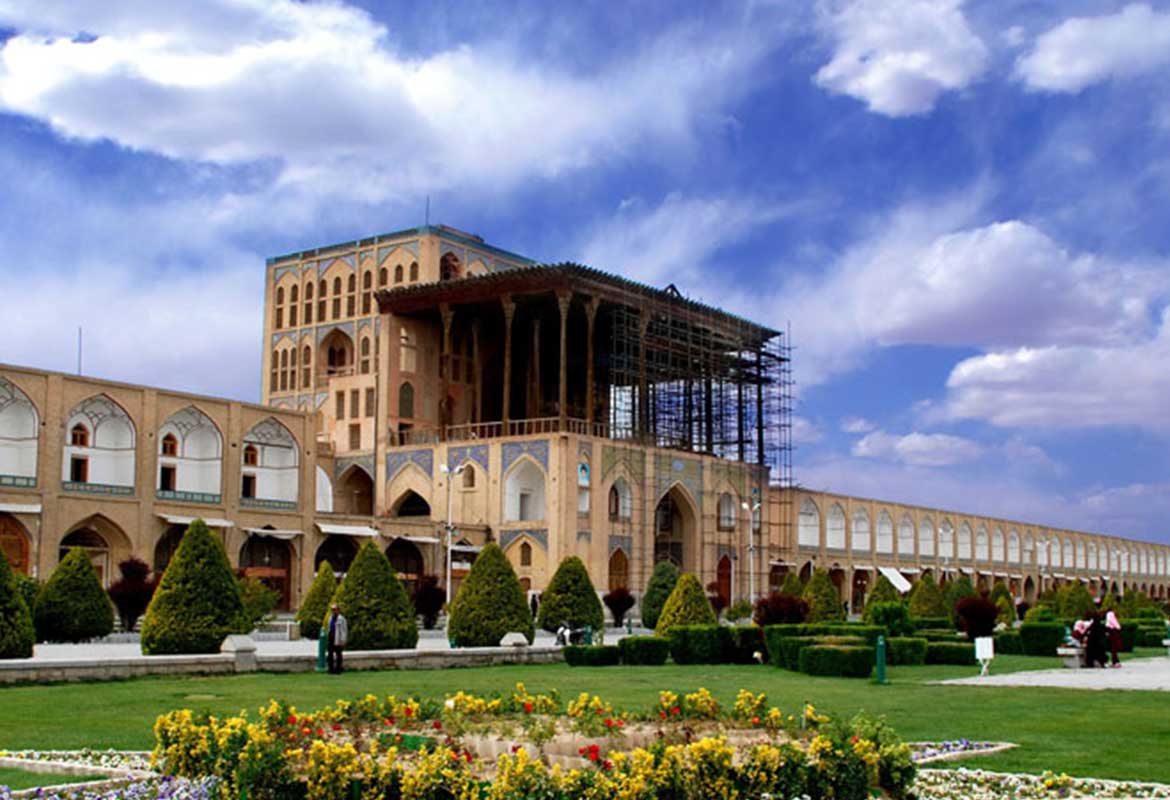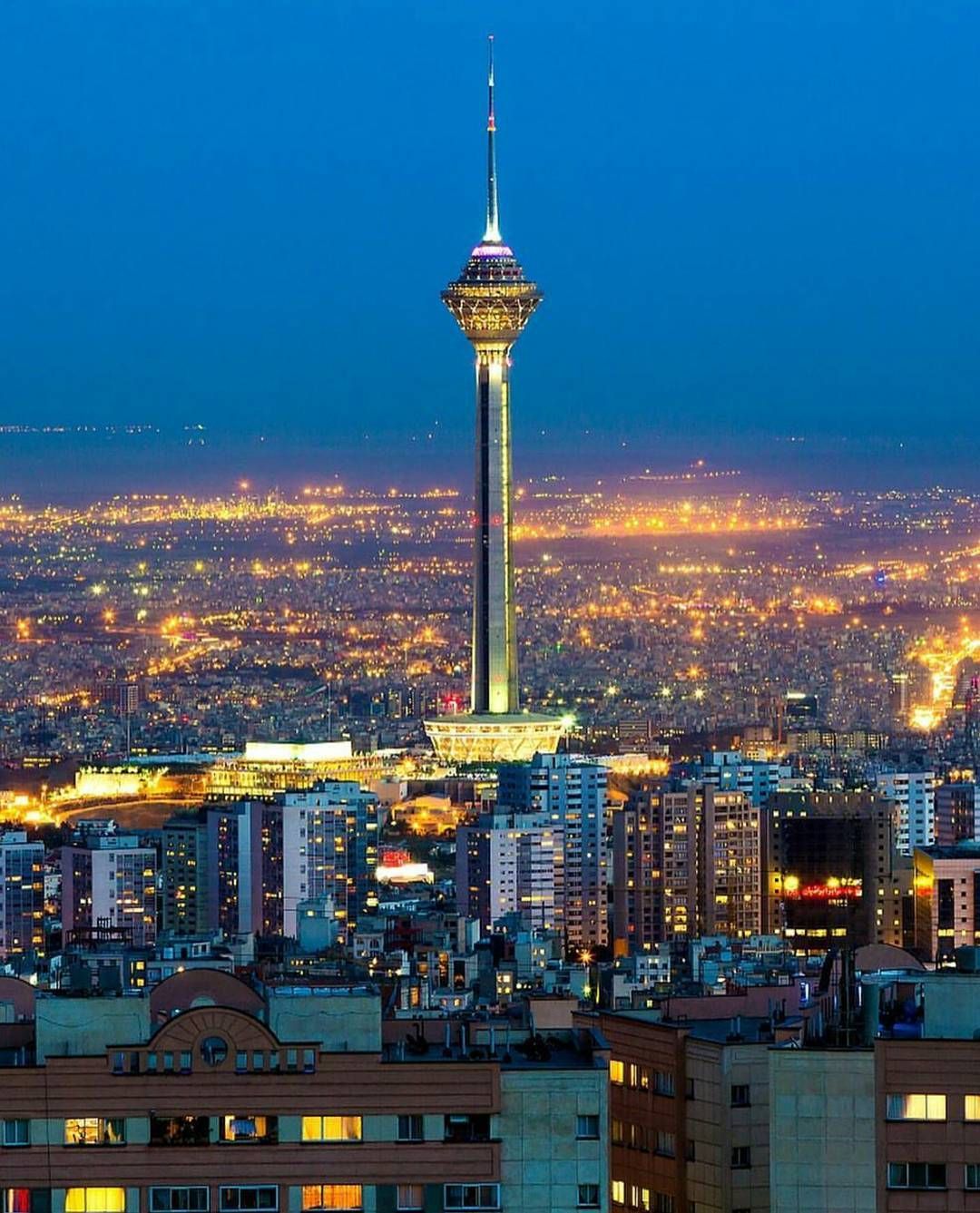Know more about Iran
Tehran is the capital city of Iran. Other important cities are Mashhad, Isfahan, Shiraz, and Tabriz. Iran is located in Western Asia with a direct access to the Persian Gulf and the Gulf of Oman. Iran has a diverse geography ranging from mountains and high plateaus to deserts. Major ports include Bandar Abbas and Bandar-e Anzali. Iran has good access via the road network and multiple airports like Tehran's Mehrabad and Imam Khomeini airports. The diverse landscape has led to the development of tourism with historical and religious sites like Persepolis, Necropolis and Pasargad attracting visitors from around the world.
Import and export statistics from Iran
Iran has significant potential for foreign trade due to its large reserves of oil and gas as well as other mineral riches. Major export destinations include China, India, South Korea, Japan and Turkey. Overall, Iran's exports amounted to $95 billion in 2019 with oil and gas representing more than 50% of total exports. On the import side, Iran mainly imports industrial raw materials, consumer goods and capital goods. Main import partners are the UAE, China, Turkey and Germany. In 2019, Iran's imports totaled $78 billion with machinery, electrical equipment, agricultural commodities and chemicals making up most of the imports. There are opportunities for Iran to continue diversifying its non-oil exports to reduce dependence on oil revenues. Iran has significant reserves of minerals like copper, zinc, iron ore, barite and aluminum. With proper investments in mining and processing, Iran could boost exports of these minerals.
Agricultural Industry of Iran
Agriculture plays an important role in Iran's economy, employing over 17% of the labor force. Iran has a diverse climate that allows it to produce a wide variety of agricultural products. The major crops grown in Iran include wheat, barley, rice, cotton, sugar beet, and fruits. Iran is one of the world's largest producers of pistachios, dates, apricots, pomegranates, apples, cherries, and prunes. The major agricultural exports from Iran include fruits and nuts, fresh and dried herbs, plant essential oils, and vegetable oils. With investments and reforms, Iranian agriculture could contribute more to the country's non-oil export revenues.
Here is a list of some export products:
- Dates: Iran is one of the world's largest producers and exporters of dates, mainly producing the famous Khalan and Zahedi varieties. The UAE, India, Russia and Germany are the major importers of Iranian dates.
- Pomegranates: Iran is the largest producer of pomegranates in the world and has high quality varieties like Malaseh-e Saveh and Malaseh-e Shiraz. The EU markets, Russia and Gulf countries import Iranian pomegranates.
- Cherries: Iran produces large quantities of sweet cherries mainly in provinces like Mazandaran, Gilan and Kermanshah. The EU, Russia and Gulf countries import Iranian cherries.
- Prunes: Iran is a major producer and exporter of dried plums or prunes, especially the large Sarakhs variety. The EU, Russia and Middle Eastern markets are the main destinations for Iranian prunes.
- Apples: Iran produces over 1.5 million tons of apples annually, mostly in cooler mountainous regions. The major apple export varieties are Golden Delicious, Red Delicious and Green.
- Pistachios: Iran is the world's largest producer and exporter of pistachio nuts, mainly the Akbari and Ohadi varieties. The U.S., Europe, India and China import Iranian pistachios.
Iconic historical buildings and landscapes
Iran is home to some of the richest cultural and historical treasures in the world. The Milad Tower in Tehran, with a height of 435 meters, is the sixth tallest tower telecommunications tower in the world. The tower offers stunning views of Tehran from its observation deck and houses the Iranian National Museum of Emerging Technologies. Naqsh-e Jahan Square in Isfahan, built in the early 17th century,is one of the largest city squares in the world. The architectural masterpiece features historic mosques, Madrasas, a Bazaar and Palaces. It is a wonderful example of Iranian architecture from the Safavid era. The Cyrus Cylinder or the Charter of Cyrus the Great, issued by the Persian emperor after conquering Babylon in 539 BC, is considered the world's first charter of human rights. The cylinderadvocates the emancipation of slaves and the freedom of religion, exhibiting Cyrus' vision of tolerance and respect for human dignity. These historical sites and artifacts reflect the grandeur and wisdom of ancient Iranian civilization.

Is it safe to trip to Iran?
Contrary to common misconceptions, Iran is generally a safe and secure country for tourists to visit. With abundant historical and cultural attractions, Iran receives several million international tourists annually. The vast majority of tourists visiting Iran have a pleasant and trouble-free holiday without experiencing any safety issues. The Iranian people are known for their warmth and hospitality towards foreign visitors. Security is among the top priorities of the Iranian government and there is a strong police presence across the country. Violent crimes against tourists are extremely rare. While tensions exist in the Middle East region, they have not directly impacted the safety of tourists in Iran. With appropriate safety precautions and awareness, tourists can experience Iran's charms and wonders without security concerns.

Relationship of Iran with other countries
The media often portrays Iran in a frightful and unsafe light, focusing exclusively on the country's political tensions and controversial issues. However, the reality on the ground in Iran tells a different story. While Iranians may disagree with their government's policies and actions, the Iranian people themselves are moderate, welcoming and peace-loving. Iranians have historically had good relations with Europeans and Americans, going back centuries. Even today, outside of political disagreements, ordinary Iranians hold favorable views of Western cultures and peoples. Furthermore, many prominent Iranian scientists, doctors, entrepreneurs, artists and athletes living abroad maintain close ties with their homeland and contribute to Iran's progress and development. There is a dichotomy between the stereotypical media portrayal of Iran and the lived experiences of those who have visited or interacted with Iranians. Getting to know Iranians beyond the political rhetoric reveals a society far more nuanced and complex than what is often presented in the international arena.
In summary, while political and diplomatic tensions exist between Iran and Western governments, the Iranian people themselves are moderate, educated and desirous of good relations with the rest of the world. The nuances of Iranian society are often missed in the mainstream media discourse.
Business culture and rules of Iranian traders
Iranian traders tend to be business-oriented, opportunity-driven and focused on maximizing profits within the framework of trade regulations. Like traders anywhere, they are interested in finding new markets and buyers for their products as well as sourcing goods at competitive prices. WhatsApp, Telegram, email and phone calls are the main communication channels used by Iranian traders to connect with suppliers, buyers and business contacts. Iranian trade laws require companies to comply with regulations regarding imports, exports, tax payments, quality standards, and intellectual property rights. While seeking to protect domestic producers, the trade regime has also created challenges for some Iranian businesses. Iranian business culture is characterized by formality and an emphasis on establishing trust and personal connections before engaging in business deals. Iranian traders tend to value honesty, punctuality and honoring of commitments in commercial interactions.
In summary, like traders everywhere, Iranian traders are driven by commercial interests within the constraints of applicable trade laws and regulations. However, their business culture places a strong emphasis on forming personal connections and building trust as foundations for successful business relationships.
Best tips about Business communication with Iran
- Be formal and respectful. Address people by their title and last name until invited to use their first name. Show respect by using polite verbal forms.
- Establish trust first. Iranians value trust above all else in business relations. Take time to build rapport and personal connections before discussing deals.
- Focus on win-win solutions. Avoid an adversarial approach and emphasize potential mutual benefits of cooperation.
- Be patient. Business communication and negotiations tend to be more prolonged and indirect in Iran. Allow time for relationship building.
- Under-promise and over-deliver. Making commitments and then failing to deliver can seriously damage relationships. Set realistic expectations.
- Follow through. Honoring even small commitments and promises is essential to maintain credibility.
- Gift giving is appropriate. Gifts convey goodwill and respect but should not be expensive. Sweets, tea and literary gifts are recommended.
- Hire a local consultant if needed. This can help navigate cultural differences and speed up the process.
- Make personal visits if possible. Face-to-face meetings help build stronger relationships for effective communication going forward.


Add Comment